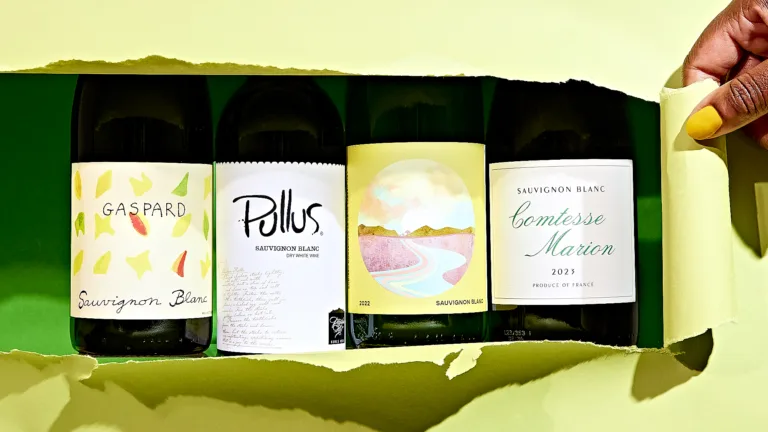Fiery volcanos may play a surprising role in your next icy vodka martini. From raw materials nourished in volcanic soil to filtration through lava rocks, the result is top-notch vodka with terroir.
“Volcanos provide a wealth of resources for the making of vodka,” explains Jeffrey Naples, ambassador for Iceland’s Reyka Vodka. Both Reyka and Katla Vodka (also from Iceland, made at micro distillery 64°Reykjavik), power their stills with geothermal energy created by volcanic activity, and source glacier water that runs through layers of porous lava bedrock.
“This volcanic water contributes to the distinct soft mineral profile of the vodka, giving it a sense of place and capturing the essence of Iceland’s terroir,” says 64°Reykjavik cofounder Snorri Jonsson.
Elsewhere, raw materials sourced near volcanos demonstrate the literal importance of soil and climate in making spirits, says Jim Grannan, CMO for Maui’s Hawaii Sea Spirits, which distills sugar cane grown on the slopes of the Haleakalā volcano into its Ocean Organic Vodka.
“The volcanic soil is rich with nutrients that support healthy plant growth,” Grannan says. “Sugar cane absorbs and retains water from the ground, and we irrigate our crops using the water from our deep well that consists of filtered rainwater through volcanic rock.”
And while vodka is often maligned for fanciful filtration techniques, some are filtered through lava rocks as an intentional way to distinguish provenance, as with Archipelago Lava Rock Vodka. (Reyka also is filtered through lava rock.)
“Our craft distillery is located in the Philippines, home to
This Article was originally published on Wine Enthusiast





![Rabbit Hole: A Kentucky Bourbon Made Without Compromise [Infographic]](https://wineconstantly.com/wp-content/uploads/2023/12/rabbit-hole-infographic-google-2-768x432.webp)
